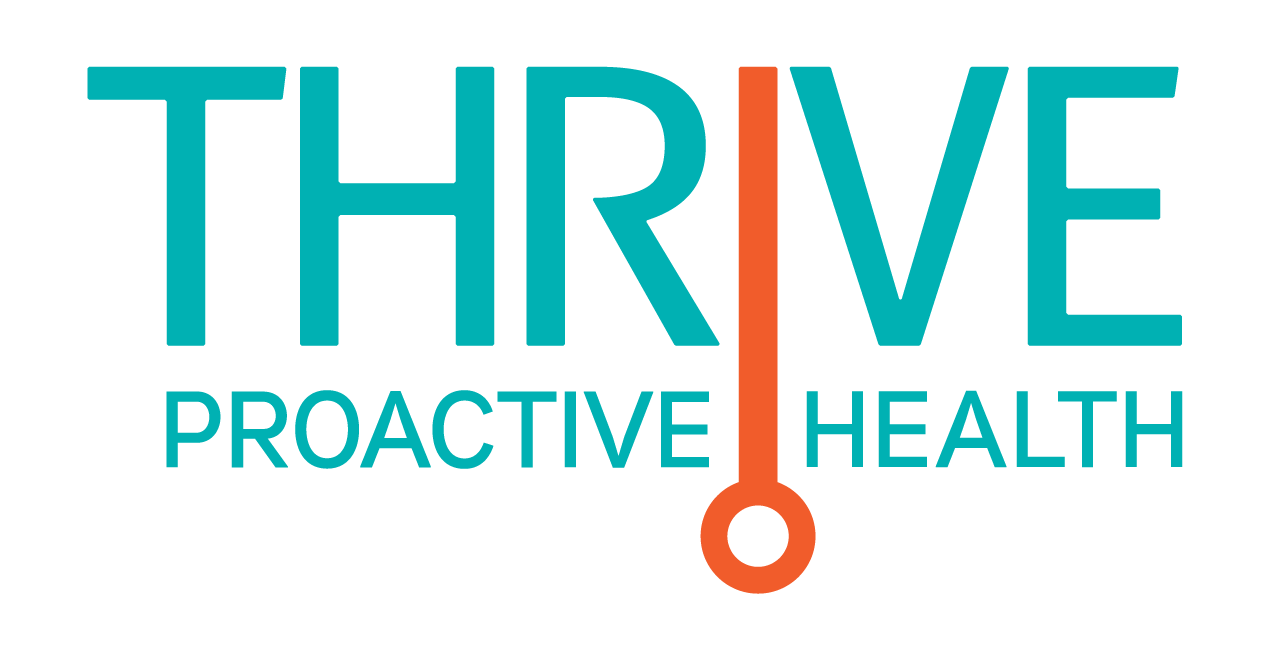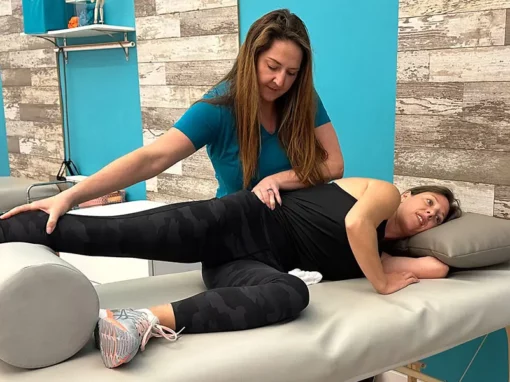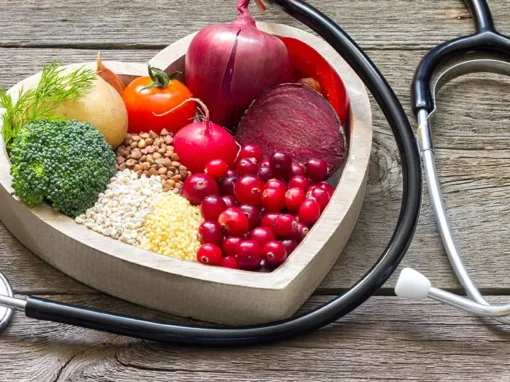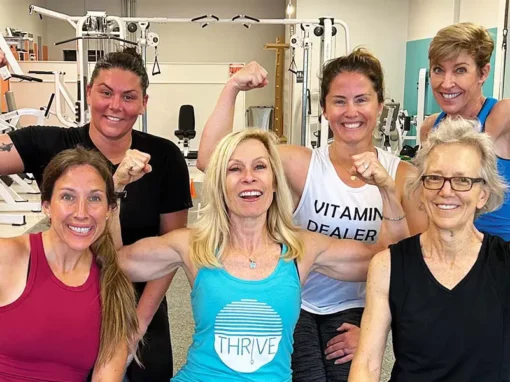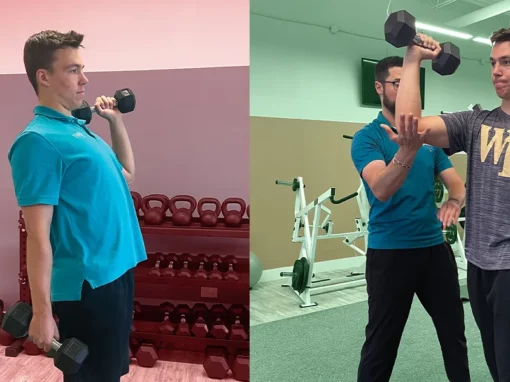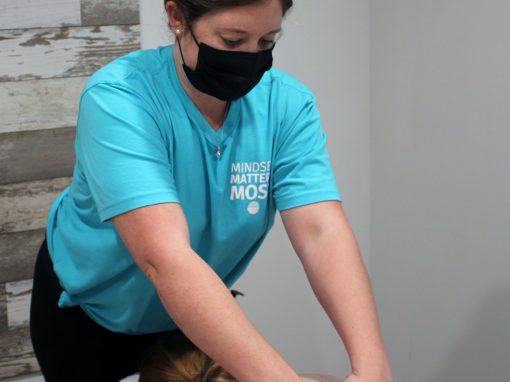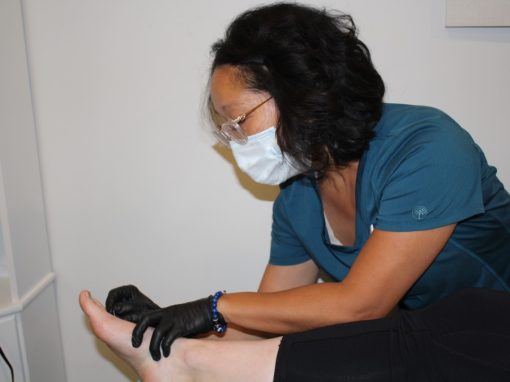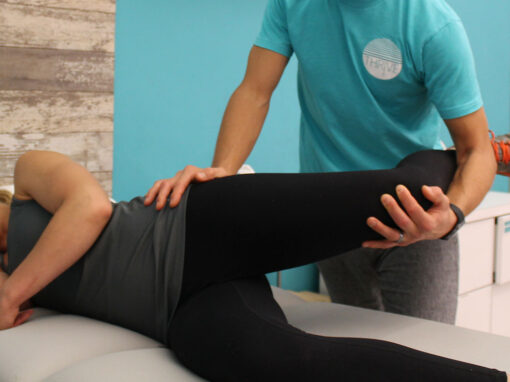When it comes to recovery from injury, physical therapy, or simply supporting a more active lifestyle, your body needs more than just movement and rest. Nutrition plays a powerful, often underappreciated role in helping tissues heal and muscles grow stronger. At Thrive Proactive Health, we believe that healing is a full-body process that starts from within. That’s why our approach to recovery integrates not only physical rehabilitation, but also holistic nutrition guidance. Understanding what nutrients your body needs can significantly enhance the results of your physical therapy, speed up recovery, and optimize your overall strength and function.
Building Stronger From the Inside Out
See what key vitamins, minerals, and macronutrients can fuel tissue repair and muscle strength, along with practical tips for meeting your nutritional needs through whole foods and, when needed, supplements.
The Foundation: Why Nutrition Matters in Healing
When you’re injured or undergoing physical therapy, your body shifts into repair mode. Cells regenerate, inflammation is managed, connective tissue rebuilds, and muscles strengthen—all processes that require the right building blocks. Without adequate nutrition, healing slows down, and recovery can feel more difficult than it should be. Providing your body with the right nutrients is like supplying a construction crew with high-quality materials: It sets the stage for efficient, resilient repair.
-
Protein: The Building Block of Muscle and Tissue
Protein is essential for repairing damaged tissue and building new muscle fibers. It is composed of amino acids that the body uses to regenerate muscle, skin, ligaments, and bones. During recovery, protein needs are often higher than normal, especially if you are healing from surgery, injury, or intense physical therapy.
How to get it:
- Whole Foods: Lean meats (chicken, turkey, beef), fish, eggs, dairy (yogurt, cottage cheese), legumes (lentils, chickpeas), tofu, tempeh, quinoa, nuts, and seeds
- Supplements: Whey protein, collagen peptides, plant-based protein powders
Tip: Aim to include high-quality protein at every meal. A good general target for someone in recovery or strength training is around 1.2 to 2.0 grams of protein per kilogram of body weight per day, but this should be personalized based on your goals and needs.
-
Vitamin C: Collagen Production and Immune Support
Vitamin C is a crucial antioxidant that supports the immune system, reduces oxidative stress, and plays a direct role in collagen synthesis. Collagen is the primary structural protein found in connective tissues, including tendons, ligaments, and skin. Without enough vitamin C, collagen formation slows, compromising tissue healing.
How to get it:
- Whole Foods: Citrus fruits (oranges, lemons, grapefruits), strawberries, bell peppers, kiwi, broccoli, kale, Brussels sprouts, and tomatoes
- Supplements: Ascorbic acid or liposomal vitamin C for better absorption
Tip: Pair vitamin C-rich foods with sources of iron to enhance iron absorption, which is also essential for healing.
-
Zinc: Tissue Regeneration and Immune Function
Zinc is involved in cell division and protein synthesis, making it indispensable during times of repair. It also helps modulate inflammation and supports the immune system, both of which are critical when recovering from an injury.
How to get it:
-
Whole Foods: Oysters, beef, pumpkin seeds, lentils, chickpeas, cashews, quinoa, and dairy products
-
Supplements: Zinc gluconate or zinc picolinate (usually in multivitamins or recovery formulas)
Tip: Be cautious with zinc supplements… Too much can interfere with copper absorption. If supplementing, stay within recommended dosages unless guided by a healthcare provider.
-
Magnesium: Muscle Relaxation and Nerve Function
Magnesium supports muscle relaxation, nerve function, and energy production. It helps prevent cramps and spasms that can occur with increased physical activity or therapy. It also plays a key role in bone health and reducing inflammation.
How to get it:
-
Whole Foods: Dark leafy greens (spinach, Swiss chard), avocados, bananas, almonds, black beans, edamame, whole grains, and dark chocolate
-
Supplements: Magnesium glycinate (gentle on the stomach), magnesium citrate, or topical magnesium oils and sprays
Tip: If you suffer from sleep issues or muscle cramps during recovery, magnesium supplementation can be especially helpful before bed.
-
Omega-3 Fatty Acids: Inflammation Reduction
Chronic inflammation can delay healing and increase discomfort. Omega-3s are powerful anti-inflammatory agents that help reduce swelling, promote blood flow, and improve joint flexibility, all critical aspects of recovery.
How to get it:
-
Whole Foods: Fatty fish (salmon, mackerel, sardines), flaxseeds, chia seeds, walnuts
-
Supplements: Fish oil, krill oil, or algae-based omega-3 supplements for plant-based diets
Tip: Look for supplements that contain both EPA and DHA for optimal anti-inflammatory benefits.
-
Calcium and Vitamin D: Bone Strength and Recovery
When healing from fractures or surgeries involving bones, calcium and vitamin D are especially important. Calcium is a key mineral in bone formation, while vitamin D enhances calcium absorption and supports immune function.
How to get it:
-
Whole Foods (Calcium): Dairy products, fortified plant milks, leafy greens, almonds, sardines with bones
-
Whole Foods (Vitamin D): Fatty fish, egg yolks, fortified foods
-
Supplements: Calcium citrate or carbonate; Vitamin D3 supplements, especially during fall and winter months
Tip: Get your vitamin D levels checked annually. If deficient, your body won’t absorb calcium effectively, and your immune response may be compromised.
-
B Vitamins: Energy and Cell Metabolism
B-complex vitamins (especially B6, B9/folate, and B12) help convert food into usable energy and support red blood cell production. They also assist in tissue growth and repair.
How to get it:
-
Whole Foods: Whole grains, eggs, dairy, meat, leafy greens, beans, fortified cereals
-
Supplements: B-complex vitamins or targeted supplements if a deficiency is present
Tip: If you’re on a plant-based diet, B12 supplementation is often necessary since it is not reliably found in plant foods.
Practical Tips for Supporting Your Recovery Through Nutrition
1. Prioritize Whole, Nutrient-Dense Foods
Focus on real, minimally processed foods with a balance of protein, healthy fats, and colorful fruits and vegetables. These offer synergistic nutrients that work together more effectively than isolated supplements.
2. Stay Hydrated
Water is essential for every healing process, from nutrient transport to joint lubrication. Aim for half your body weight in ounces of water per day, more if you are sweating or in a warm environment.
3. Don’t Skip Meals
Consistency is key. Fuel your body regularly throughout the day with balanced meals and snacks to maintain energy and support healing.
4. Consider Professional Guidance
If you’re recovering from an injury or surgery, or if you’re going through intensive physical therapy, consider working with a Thrive nutrition coach. Personalized recommendations can make a significant difference in the speed and quality of your recovery.
5. Be Mindful of Supplements
While supplements can be helpful, they should not replace a well-balanced diet. Use them to fill in the gaps only when whole food intake falls short. Always consult with your healthcare provider or a registered dietitian before starting a new supplement routine.
Nourish Your Healing Journey at Thrive
At Thrive Proactive Health, we treat recovery as a comprehensive process. Our integrated approach includes physical therapy, massage, wellness coaching, and personalized nutrition guidance designed to support your body from the inside out. Whether you’re managing a sports injury, recovering from surgery, or simply trying to build a stronger, more resilient body, the right nutrients can make all the difference.
Let us help you fuel your recovery and build strength from within. Reach out today to schedule a consultation with our nutrition coach, and take the next step toward thriving in health and life.
